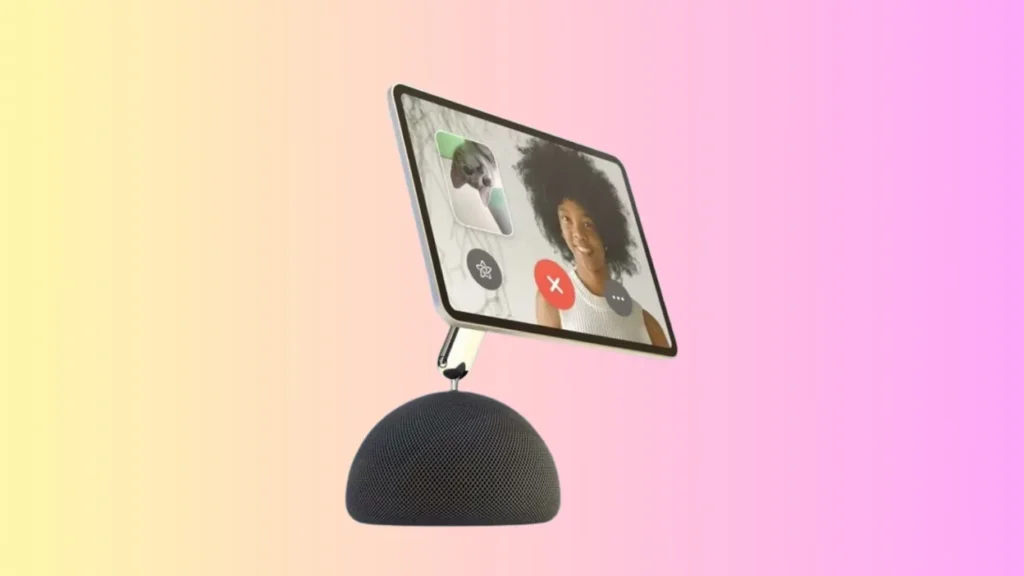Apple is transforming the smart home market with its latest innovations, aiming to create a seamless, intelligent, and personalized experience for users. By integrating advanced AI technology and launching new devices and software, Apple is set to revolutionize how we interact with our home environments. With a focus on making smart homes more intuitive, efficient, and secure, Apple’s strategy marks a significant shift in its approach to the connected home.
Apple’s current lineup of smart home devices, such as the HomePod speaker and Apple TV, has gained a loyal fanbase, but the company has not yet achieved dominance in this market. Now, by concentrating on new hardware and software developments, coupled with AI that learns from user behavior, Apple hopes to become a major player in the smart home industry. The goal is to make homes ultra-modern, where tasks are performed effortlessly, and devices respond to user needs without compromising privacy.
The Role of AI in Apple’s Smart Home Strategy
Artificial intelligence is at the heart of Apple’s smart home transformation. The company is leveraging its AI platform to automate smart home devices, allowing them to interact with one another seamlessly. Through Apple Intelligence, Siri gains awareness of personal context and can take action across multiple home devices. This includes the ability to control features and settings based on the user’s preferences and habits, all while ensuring privacy, as even Apple doesn’t have access to your data.
Apple’s AI strategy centers on its new “App Intent” system, which empowers Siri to manipulate various functions within apps, enabling enhanced control over smart home devices. Whether it’s managing your lighting, adjusting the thermostat, or controlling media playback, Apple’s AI integration is designed to simplify these actions, making your home smarter and more responsive to your needs.
Introducing HomeOS: Apple’s Next-Generation Smart Home Platform
A cornerstone of Apple’s expansion into the smart home market is its upcoming HomeOS system, built on the tvOS foundation. This new interface will serve as the central hub for controlling all Apple smart home devices, ensuring seamless interaction between them. HomeOS will also support the Matter smart home standard, a universal protocol that allows devices from different manufacturers to communicate and work together effortlessly. This interoperability is a major step forward, allowing users to control not only Apple devices but other smart home products within a unified system.
The HomeOS platform aims to bring together Apple’s existing smart home products, such as the HomePod and Apple TV, under one cohesive interface. The goal is to make smart home setup and management as easy as possible, creating an interconnected ecosystem where all devices work in harmony, providing the user with a streamlined experience.
Apple’s Smart Home Software: A New Era of Automation
Alongside its hardware innovations, Apple is advancing its smart home software strategy with cutting-edge developments. Apple’s HomeKit, now integrated into the Apple Home app, is one such example. This software framework enables users to configure, communicate with, and control their smart home appliances using Apple devices like the iPhone, iPad, and Apple Watch. HomeKit also enhances Siri’s capabilities, allowing users to give voice commands for tasks like turning on lights or adjusting the temperature in their home.
With the launch of HomeKit, Apple is making smart home automation accessible and intuitive. The integration of Siri further simplifies the experience, turning the virtual assistant into the ultimate controller of your home environment. Apple’s focus on software is key to making the smart home experience as user-friendly and powerful as possible, giving it a competitive edge in this growing market.
Expanding Apple’s Presence in the Smart Home Industry
Apple’s ambition to lead the smart home market is clear. By expanding its existing products, introducing HomeOS, and integrating AI into every aspect of the smart home experience, Apple is positioning itself as a leader in this space. Its strategy is built on a foundation of privacy and security, ensuring that users’ data remains protected while offering convenience and control.
With sustainable growth and continuous innovation, Apple is poised to make smart homes a reality for the masses. The company’s commitment to expanding its smart home ecosystem, combined with the intelligence of Siri and the flexibility of the HomeKit platform, could finally make Apple the driving force in the smart home industry.

